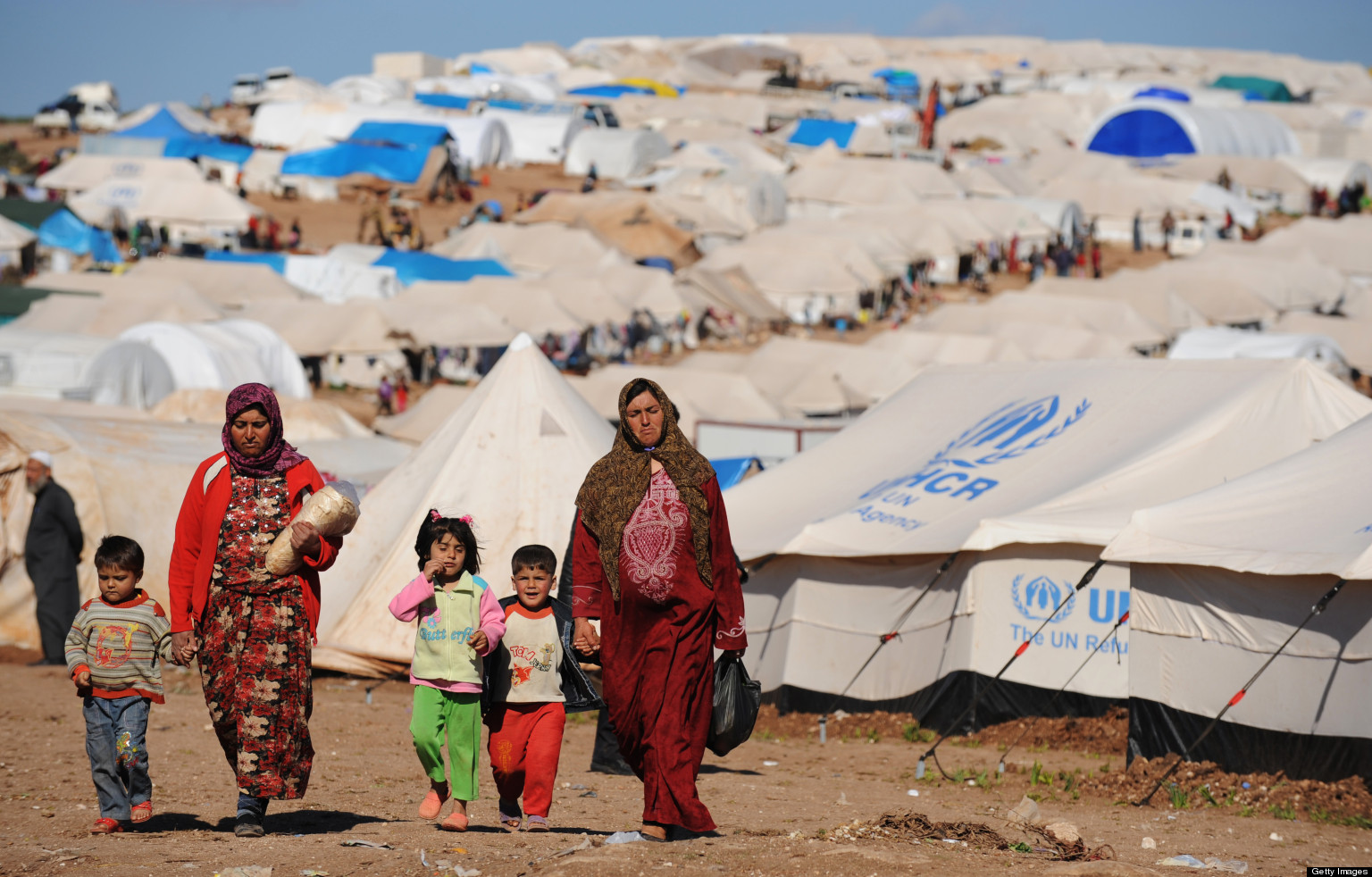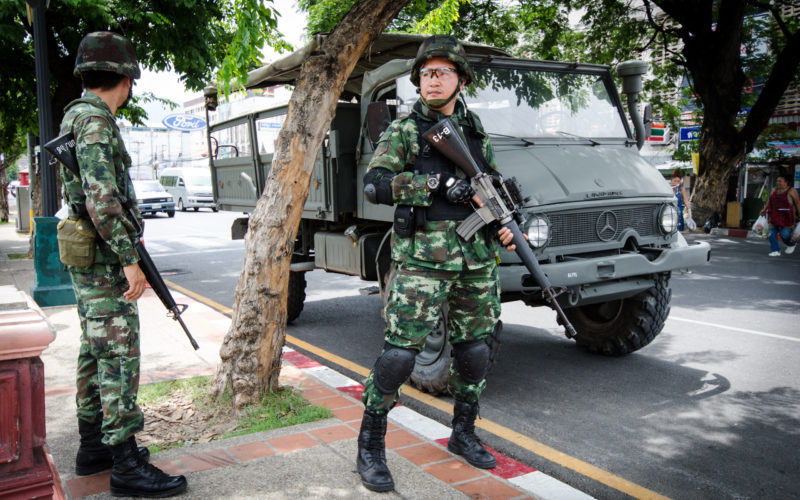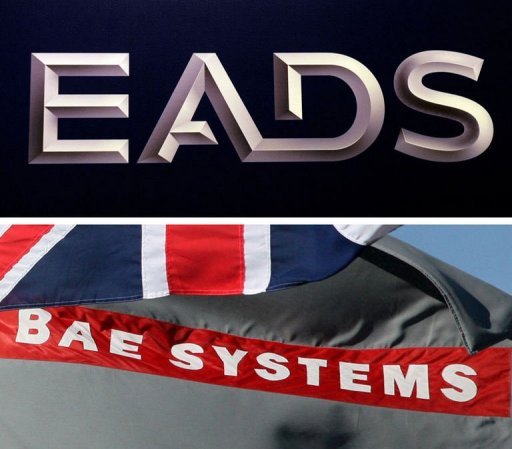In June of this year, the total amount of humanitarian aid appealed for by the United Nations in response to the Syrian crisis was more than $5 billion – the largest amount in its history. This unprecedented sum is yet another indication of the severity of the already two-year-old crisis that, in light of recent events, does not appear to be reaching conclusion. This appeal necessitates an examination of the utility of countries such as Canada in continuing to provide this kind of humanitarian aid to Syria, especially as the amount needed is likely to continue to increase.
The UN estimate of the amount of money needed to fund relief projects in the war-torn country of Syria stands at $5.2 billion (a $2.2 billion increase from previous estimates). The UN has predicted that by the end of the year, nearly half the population of Syria will need aid. Although the Canadian government has already provided over $48 million in humanitarian assistance to Syria, the call for greater financial assistance by the U.N. indicates the relative inadequacy of this sum and indicates increasing pressure upon countries such as Canada to contribute even more to relief efforts.
With no end in sight for the conflict, it is inevitable that further increases in aid will be requested. Bitter fighting continues between the Syrian government and rebels, with continuing engagements only fuelling the conflict. With the increased risk of a spill-over of the conflict into neighbouring countries, the conflict has become an even greater international concern than previously. The recent withdrawal of Australia from the peacekeeping mission stationed in the Golan Heights has left neighbouring Israel increasingly agitated by the Syrian conflict. Moreover, bordering countries like Turkey and Lebanon have seen a massive influx of refugees fleeing the fighting.
[captionpix align=”left” theme=”elegant” width=”320″ imgsrc=”http://natoassociation.ca/wp-content/uploads/2013/07/Syria-humanitarian-aid.jpg” captiontext=”A view of Zaatari refugee camp in Jordan from 2012. The refugee situation in Syria has only worsened since.”]
While some have pinned hopes on the conference that is to be convened in Geneva to address the Syrian crisis later this summer, the expected effectiveness of this conference at providing solutions appears to be diminishing. Although it was originally hoped that the conference would take place this past June, a date has yet to be agreed upon. The conference, dubbed “Geneva II” by the media, has already been beset with multiple seemingly insurmountable obstacles. The Syrian opposition have not agreed to participate in the talks, largely due to a continuing conflict of aims and goals within their ranks. Furthermore, Iran, an indisputably key player in the region, as a Shi’a country supporting the Shi’a leadership of Syria, has not been included in the plans for the conference, due to strong US objections. The decisions of the EU to lift the arms embargo from the Syrian opposition, Russia’s retaliation by providing several S-300 air defense missiles to the Syrian government, and the US’s increasing support of the Syrian opposition have only served to heighten tensions surrounding the conflict, substantially limiting the possibility of effective cooperation between the two sides of the conflict and their respective backers. In light of these realities, it appears that the need for humanitarian aid in Syria will continue to increase as more and more people are displaced by the conflict.
Thus, it appears likely that increased amounts of aid will be requested which will prove to be both costly, and yet simultaneously unlikely to contribute to the resolution of the conflict. Canada and other NATO members must find a more meaningful and permanent method of contributing to the conflict’s resolution as financial aid to humanitarian projects does not address the root of the conflict. While humanitarian aid certainly improves and indeed saves the lives of many of those affected by the conflict, the effect of providing such aid, it may be argued, only really serves to assuage any moral qualms Canadians might feel with regard to the situation in Syria. Although understandably reluctant to involve herself directly in the conflict, if Canada is to play any role in Syria, it should focus both its time and money on finding a real solution to the conflict proper. It remains up for debate whether this takes the form of actively moderating future peace talks or providing monetary aid in some more meaningful manner, such as Canada’s previous extension of credit up to $2 million to the Organization for the Prohibition of Chemical Weapons in order to facilitate its investigation into claims that chemical weapons were and continue to be used on civilians. Regardless of the approach it chooses, it is clear that there are more effective roles that Canada can play to allay Syria’s difficulties; roles that should be afforded greater discussion by the Canadian government.




